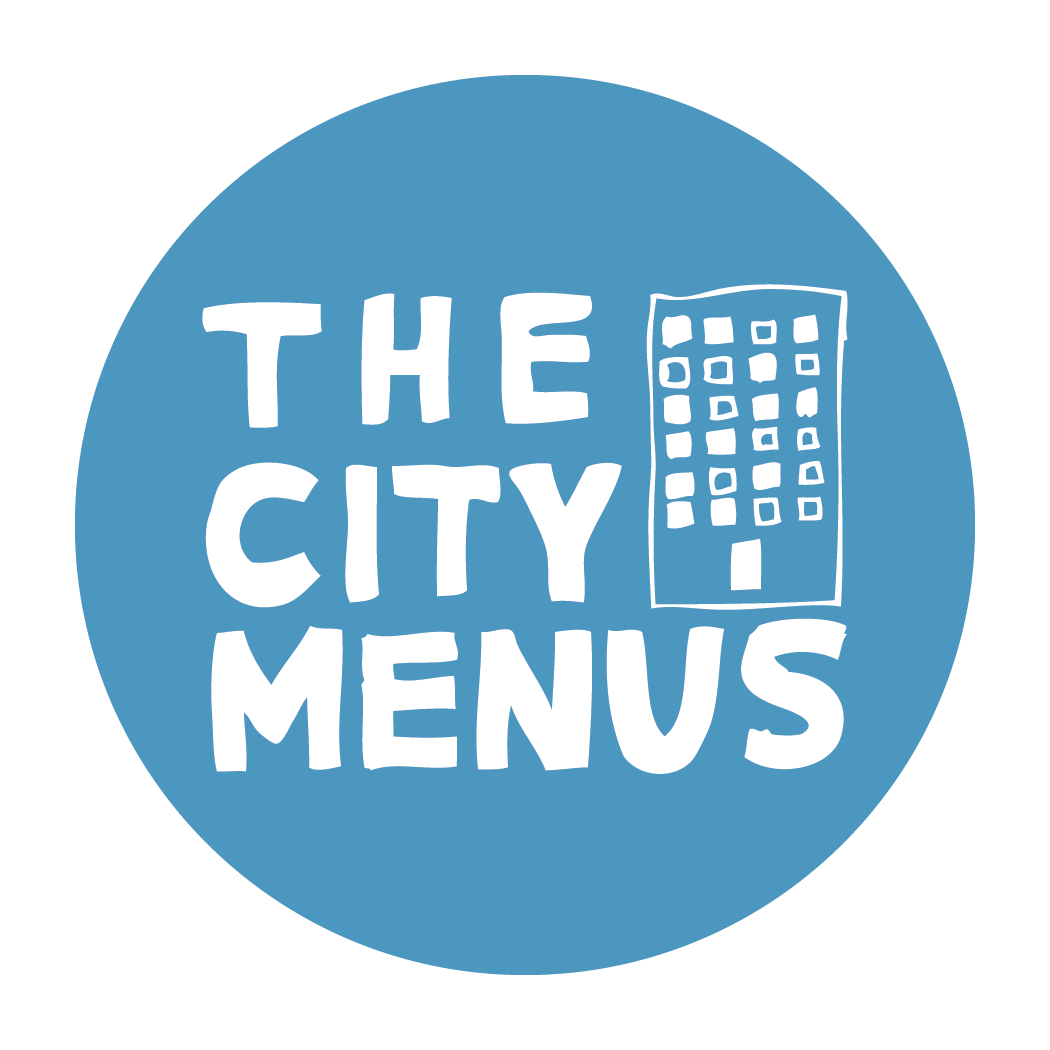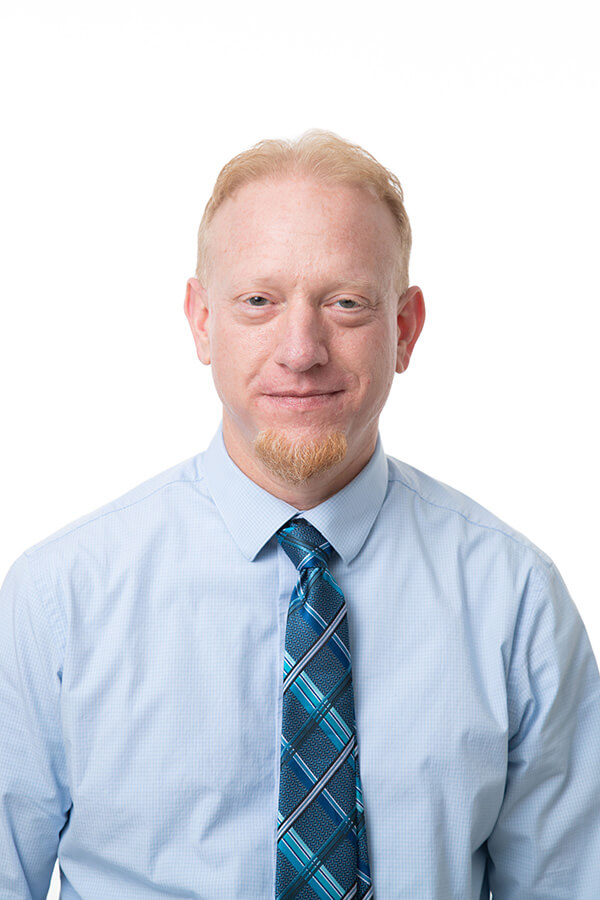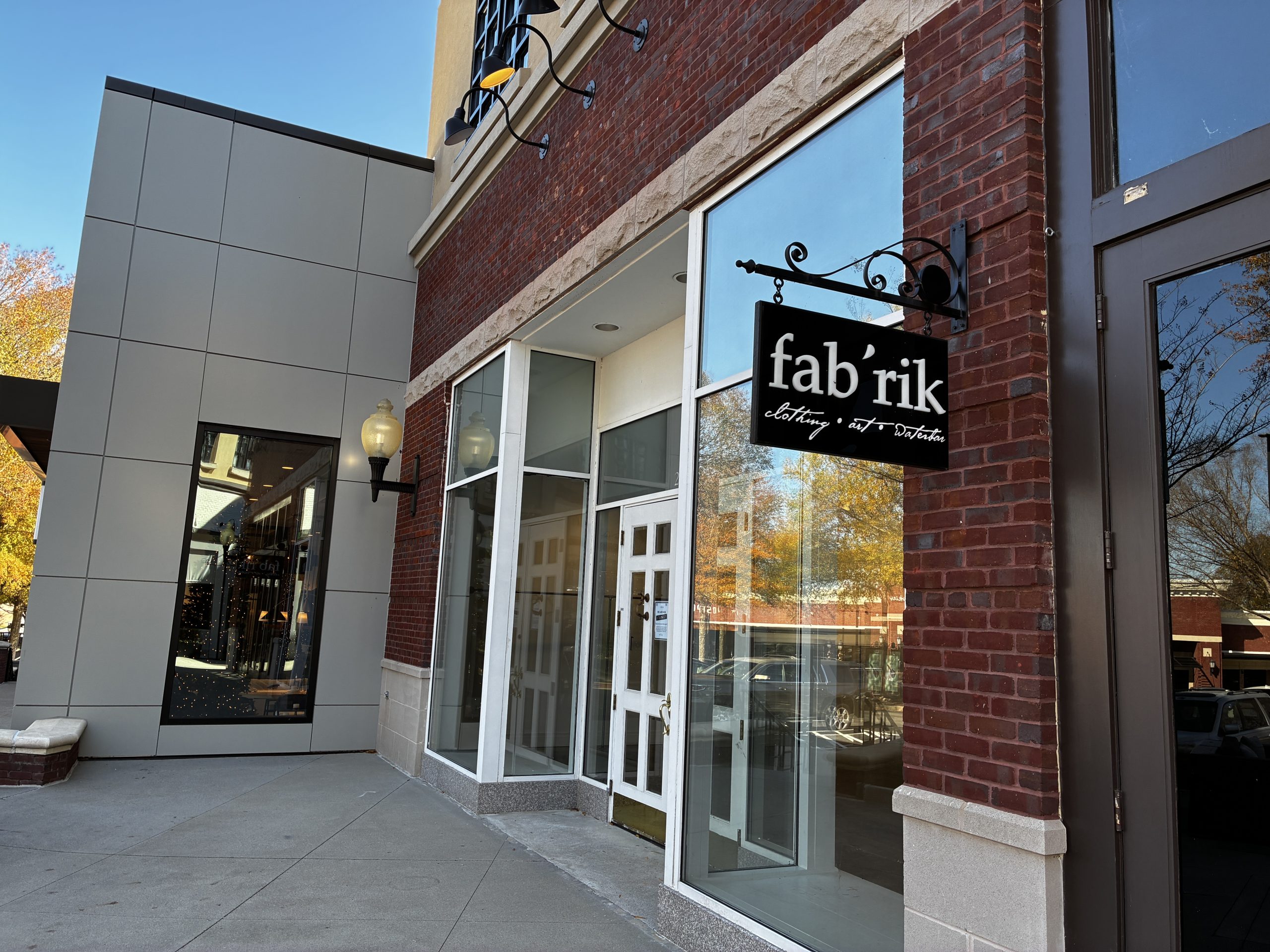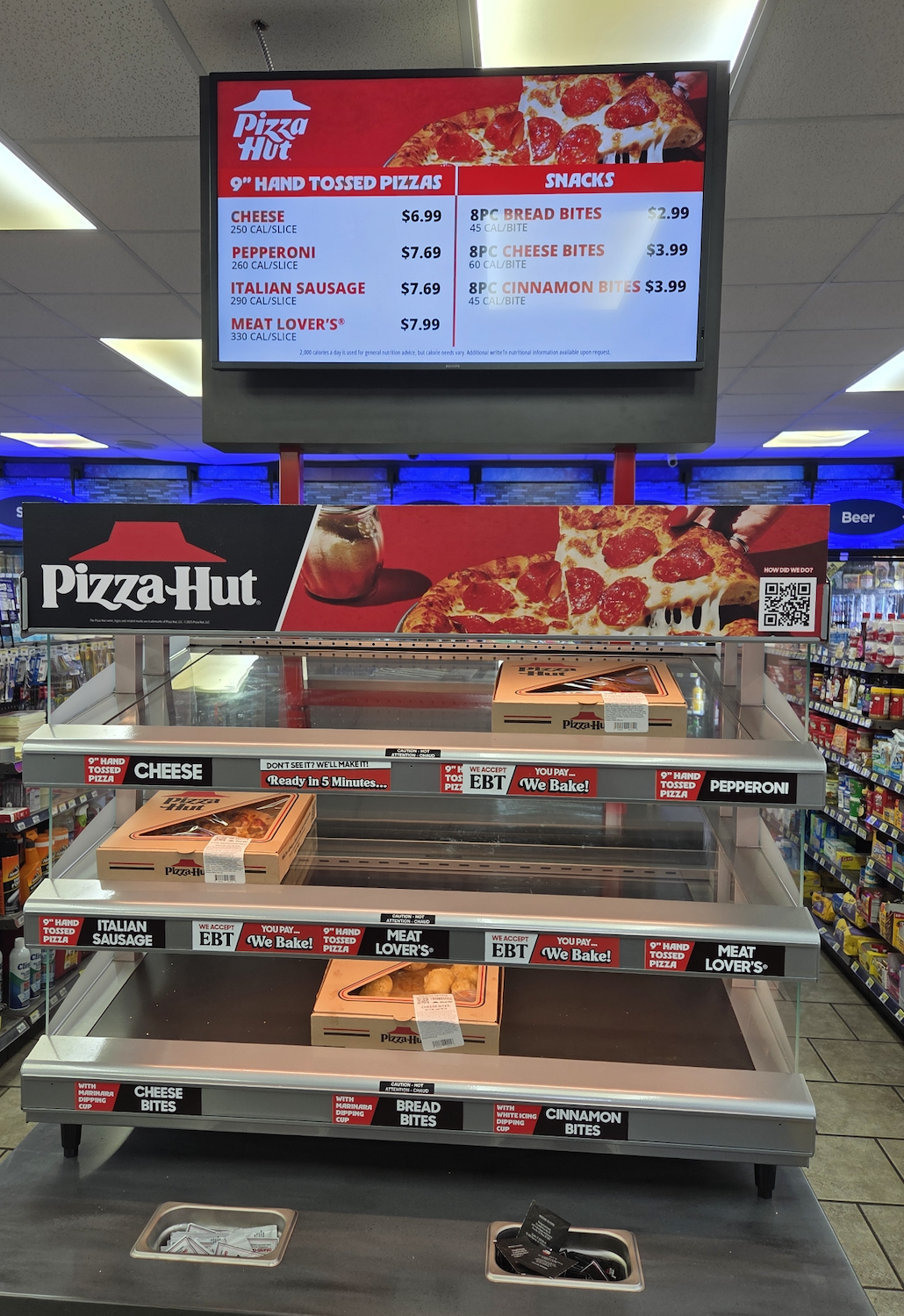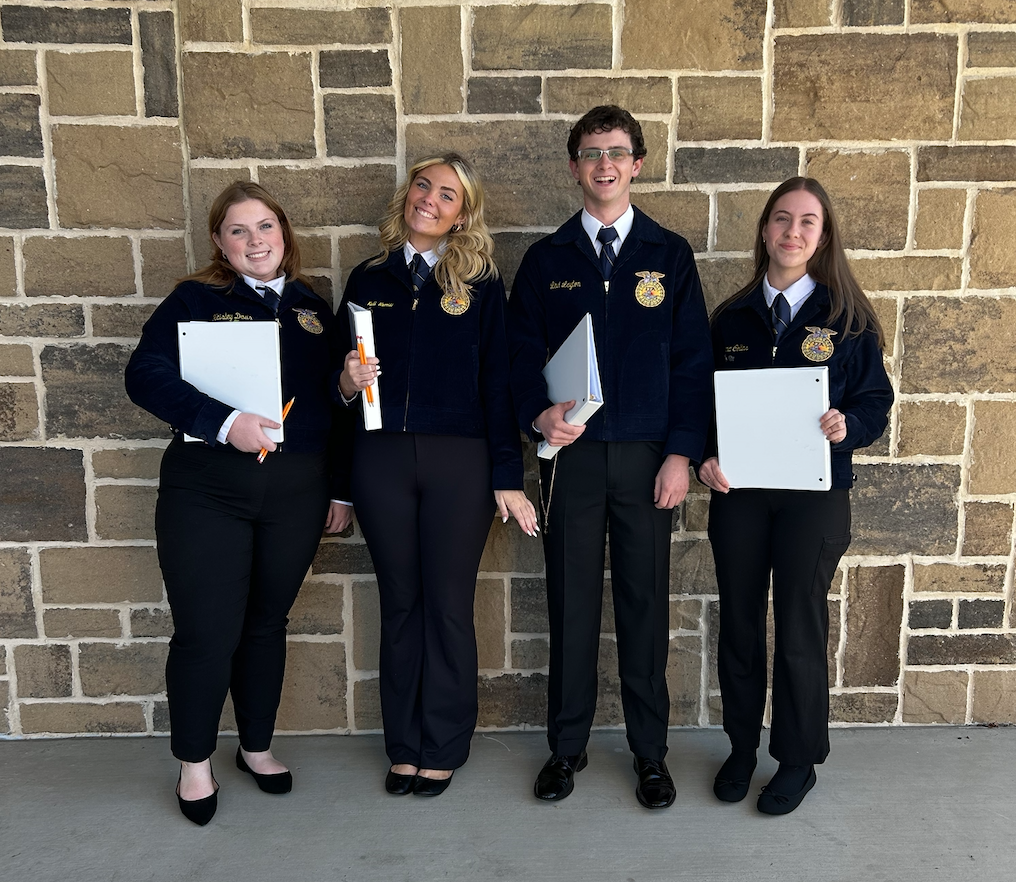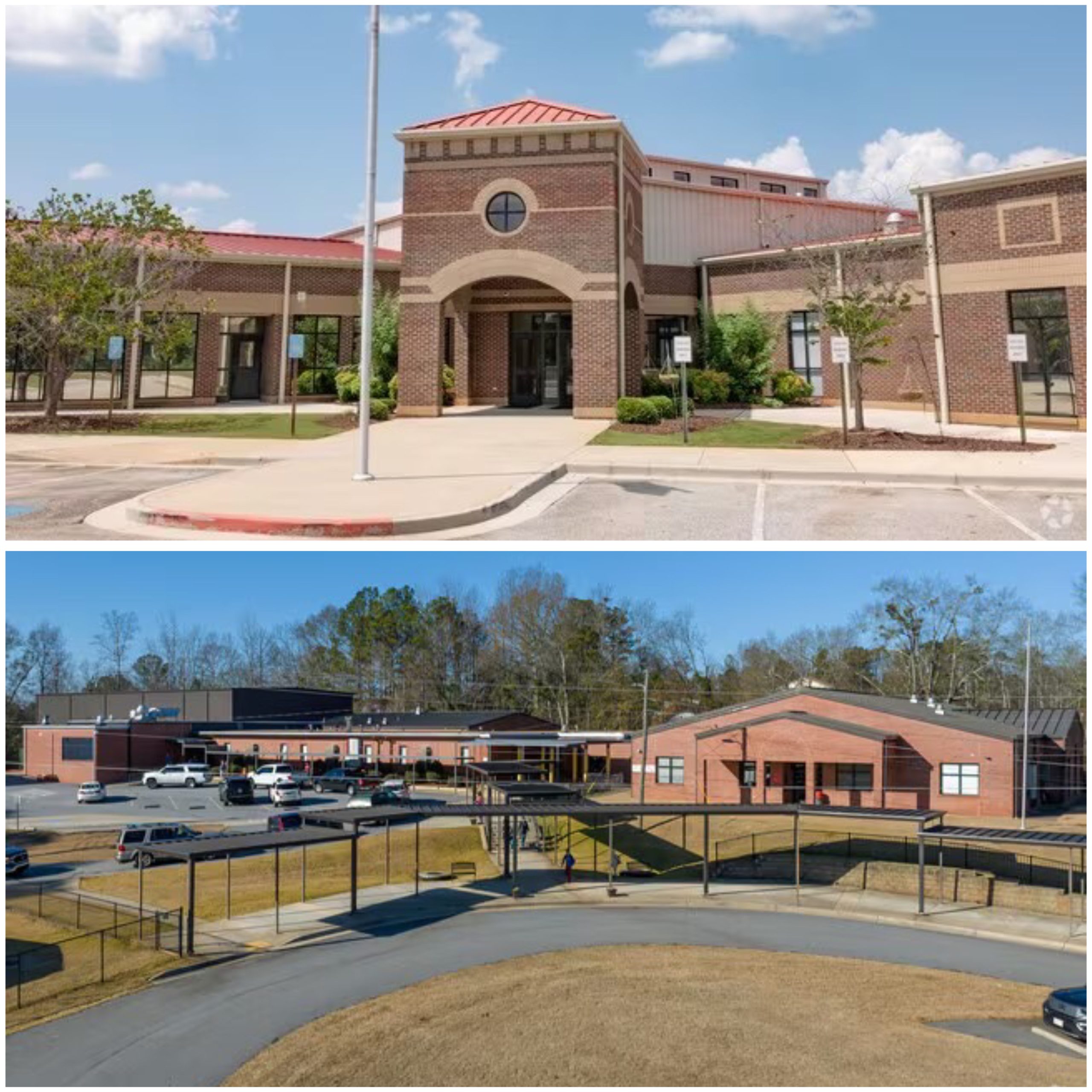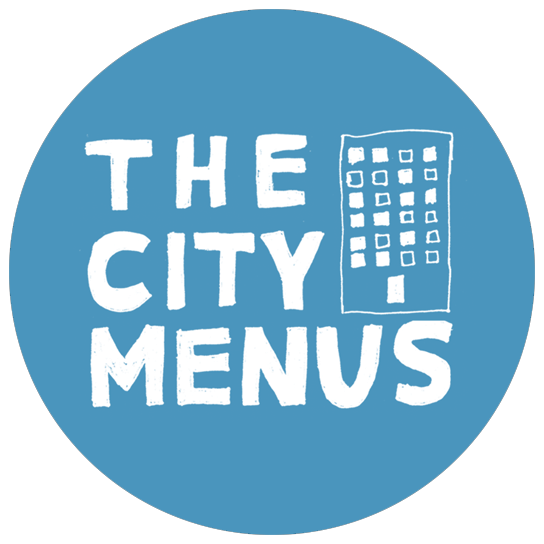
In college, aspiring journalists like me learned about trustworthy and untrustworthy sources and how knowing the origin of information was vital to finding the truth. Neglecting to find original sources or material can lead to misunderstandings or even fatalities. Questioning what you consume is a practice Bruce Guthrie urged to students at Carrollton High School late last year during his presentation titled #FentaNO, an exposition on the costly, yet not commonly known dangers of illicit substances. Guthrie works with Carroll County Fentanyl Coalition to present his own personal loss from fentanyl and facts about how students are exposed to and partake in a drug trade that feeds off their money and lives.
Check your sources and their sources. Do you really know what you’re consuming off the streets? You may trust your local dealer or a friend, but can they trust their own suppliers? Consumers may not even be out to buy fentanyl, yet be exposed to it or even killed because of its ever-increasing presence in more commonplace drugs like heroin and Adderall.
Over a decade ago, Guthrie’s son, Cody, a star athlete, broke his ankle. He was subsequently prescribed pain medication which turned to produce an addiction. When Cody was no longer prescribed the medication, he sought relief in street drugs. Guthrie warned his son about the hazards of these dangerous, unregulated drugs. Although Cody’s addiction fluctuated through the years, fentanyl was not on the radar.
For ten years, Cody – the athletic, kind, and funny teen – struggled with addiction, until it ultimately robbed him of his life in the spring of 2021.
“When I saw his body go into the coroner’s car – in that moment I realized that I could live in spite or die with purpose.” Guthrie states. That’s when he realized he had to do more than warn others about overdosing.
Losing Cody devastated the whole family.
“There was a memory of me and my oldest daughter closing the casket that sticks with me,” Guthrie says solemnly.
Guthrie’s grief over the loss of his son changed him. He and his family moved to Georgia from where they were living in Arkansas to the Carrollton area, where he and his wife speak about his son’s story and their journey in educating everyone they can about how fentanyl overdosing is an epidemic in our country and even in our very own neighborhoods.
According to the High Intensity Drug Trafficking Areas (HIDTA) program, which tracks and documents drug distribution as well as work with the Drug Enforcement Agency (DEA) to inhibit drug operations, West Georgia lies inside the Atlanta-Carolinas HIDTA. The program offers a PSA page dedicated to videos both law enforcement and civilians can find helpful in aiding their understanding of the illicit drug trade and its effects on Americans. I would highly recommend viewing Not In Vein, a short documentary about how the unassuming can be robbed of life by unaffected drug traffickers. The documentary interviews several DEA professionals who have seen how our teens – even children as young as twelve – can be recruited into trafficking rings right inside their school.
Drug traffickers have the system streamlined: They enter an adult into the US school system as a student. The adult then recruits children to be users; then through means of consistent criminal activity to prove their loyalty, those children become another link in the chain of a criminal organization. A multi-level-marketing scheme, but deadly. Oftentimes children are sold something purported to be one drug when it is actually fentanyl. The DEA estimates that just a mere 2 milligrams of the drug entering the body – either subcutaneously or by breathing in suspended particles – can be fatal.
The documentary also includes the voices of those who have lost loved ones to street drugs laced with or even completely made of fentanyl. Increasing amounts of other street drugs are being mixed with fentanyl, exposing more people to a deadly addiction – and the traffickers care more about the profits than the customers.
The most up-to-date data regarding synthetic opioid-related deaths can be tracked on the CDC’s National Vital Statistics page.
Guthrie doesn’t know how his son got the fentanyl or if he intentionally consumed it. That’s the scary part. Someone got away with money, and it’s Guthrie’s belief that that someone also got away with murder. He expressed during the presentation at Carrollton High School that he is pursuing legislation for which drug dealers of the deceased would have to face murder charges – similar to physicians/prescribers facing charges of medication malpractice.
Watching Guthrie’s presentation gripped me. As a sports writer and editor he knows how to capture an audience. However, it is his story of watching his son disintegrate from pain and street drugs that hit me. There is no “stereotypical drug addict,” he claims. Anyone can fall into this, and it takes effort from everyone to solve America’s drug problem.
Guthrie closed the presentation with a Q & A. One student asked a particularly simple question: How can I help someone who has an addiction?
“Be their friend,” Guthrie replied emphatically. “There are tons of resources out there for them, but be their friend.”
Those struggling with or know someone struggling with fentanyl addiction can visit www.fentanylstopshere.com, where you can find a list of resources including how to recognize signs of an overdose and how to administer Narcan. These tools, along with having a respectful conversation about addiction, can quite literally help save lives.
You and your loved ones can learn more about how to stop the fentanyl crisis occurring right here in West Georgia by registering for the 2024 Carroll County Fentanyl Awareness Coalition Summit. This event will be held at Carrollton’s City Station on March 14th 9:00 A. M to 3:00 P. M. The Summit is free to attend, but you must register by March 13th.
To speak out in spite of losing your own son so senselessly takes courage, but this is a calling Guthrie has taken upon himself alongside so many others to take action against losing more sons and daughters.
“It’s better to admit you have an addiction than for us to attend your funeral,” he admonished the Carrollton High School students.
Your life is precious. Let’s fight against what is robbing us of this precious life.
